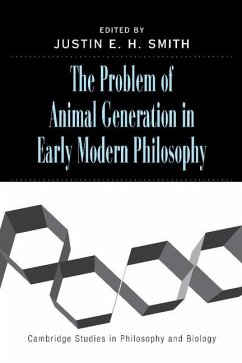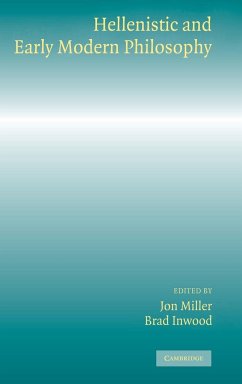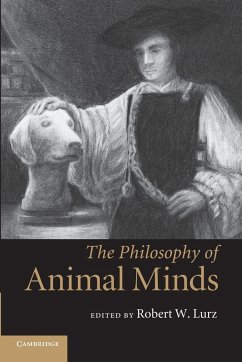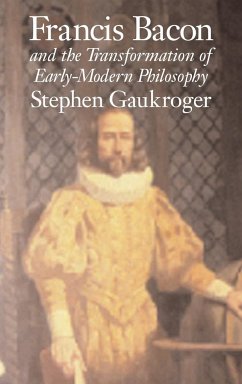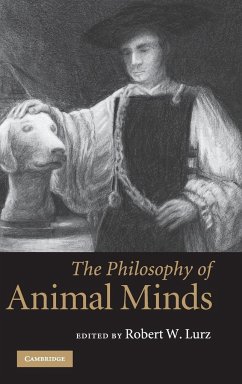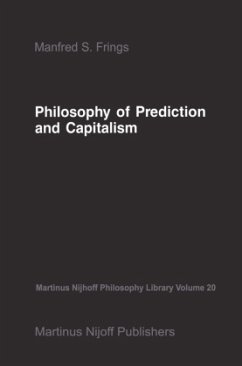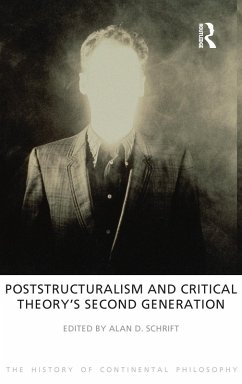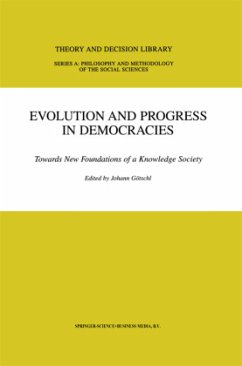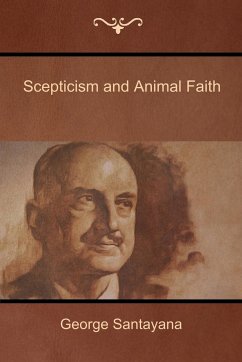
The Problem of Animal Generation in Early Modern Philosophy

PAYBACK Punkte
38 °P sammeln!
In this volume Smith examines the early modern science of generation, which included the study of animal conception, heredity, and fetal development. Analyzing how it influenced the contemporary treatment of traditional philosophical questions, it also demonstrates how philosophical pre-suppositions about mechanism, substance, and cause informed the interpretations offered by those conducting empirical research on animal reproduction. Composed of essays written by an international team of leading scholars, the book offers a fresh perspective on some of the basic problems in early modern philos...
In this volume Smith examines the early modern science of generation, which included the study of animal conception, heredity, and fetal development. Analyzing how it influenced the contemporary treatment of traditional philosophical questions, it also demonstrates how philosophical pre-suppositions about mechanism, substance, and cause informed the interpretations offered by those conducting empirical research on animal reproduction. Composed of essays written by an international team of leading scholars, the book offers a fresh perspective on some of the basic problems in early modern philosophy. It also considers how these basic problems manifested themselves within an area of scientific inquiry that had not previously received much consideration by historians of philosophy.





